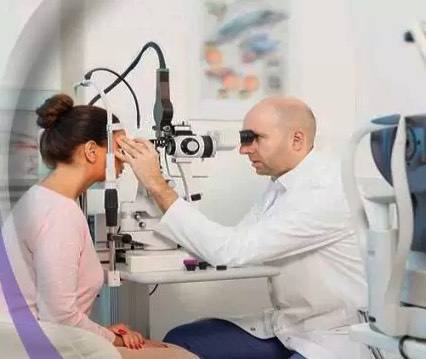Corneal transplantation, also known as corneal grafting, is a surgical procedure performed to replace part or all of a damaged cornea with healthy donor tissue. The cornea is the transparent front layer of the eye, akin to a clear window that allows light to enter and focuses images onto the retina through the eye’s lens.
When the cornea is damaged due to disease or trauma, it can cause visual impairment such as light scattering or distortion, leading to halos and blurred vision. Corneal transplantation involves replacing the damaged or diseased cornea with donor tissue obtained from a deceased individual. The donor cornea undergoes thorough evaluation and testing at an eye bank to ensure its health and suitability for transplantation. The procedure is typically performed under full anesthesia.
Two main types of corneal transplantation
There are two main types of corneal transplantation:
- Full Thickness Corneal Transplant (Penetrating Keratoplasty – PKP):
In this procedure, the entire thickness of the damaged cornea is removed and replaced with a healthy donor cornea. PKP is used when the damage or disease affects all layers of the cornea. - Partial Thickness Corneal Transplant (Partial Lamellar Keratoplasty):
Also known as lamellar keratoplasty, this method involves removing only the diseased or damaged layers of the cornea and replacing them with healthy donor tissue. This type of transplant is used when the damage is confined to specific layers of the cornea, preserving more of the patient’s own corneal tissue.
Corneal transplantation aims to restore clear vision by replacing the opaque or irregular corneal tissue with healthy tissue that can properly refract light onto the retina. Recovery from corneal transplantation can vary, but it typically involves post-operative care to ensure proper healing and integration of the donor tissue. Regular follow-up visits with an ophthalmologist are essential to monitor the progress and health of the transplanted cornea.


